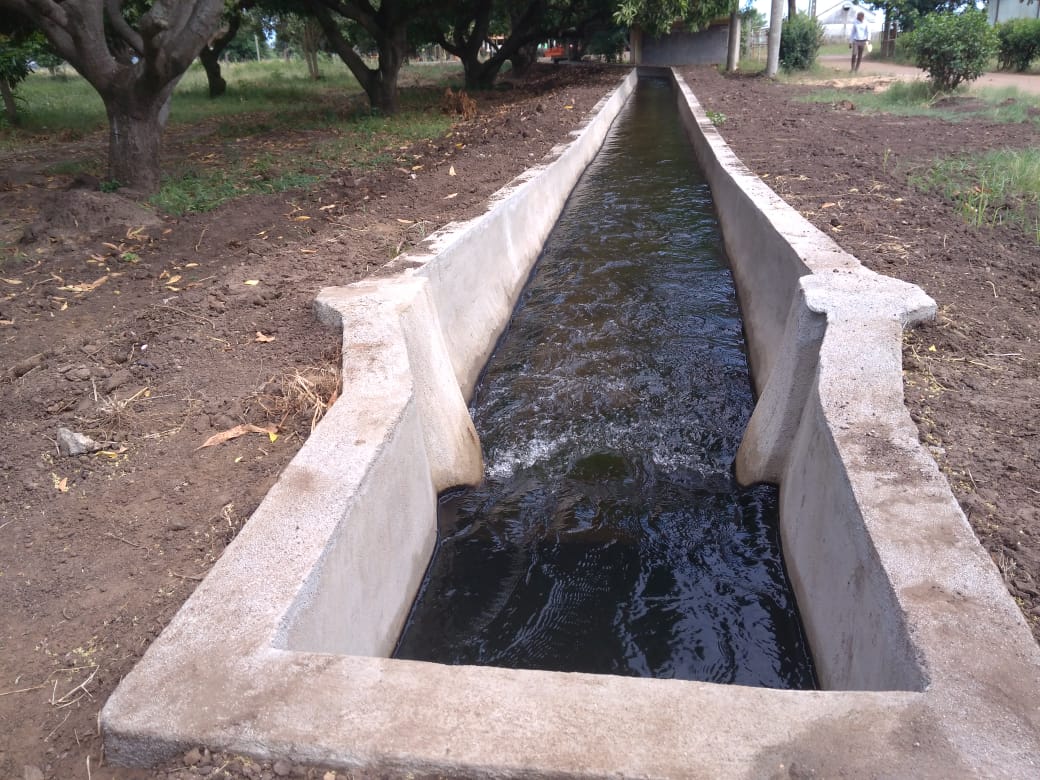This working paper synthesizes knowledge within CGIAR on adaptation measures in agricultural systems, for the benefit of parties and observers preparing submissions to the UNFCCC SBSTA. Experience from CGIAR and partners indicate that adaptation measures covering policy, technological, financial, institutional, and research interventions are being tested and applied in agricultural systems in low-income and middle-income countries. Lessons include the need to ensure context-specificity when designing adaptation measures, engaging farmers in decision-making, and combining indigenous and scientific knowledge. Adaptation measures in agricultural systems are able to generate various added benefits in addition to adaptation benefits. These include enhanced food security, environmental benefits including mitigation of greenhouse gas emissions, and positive outcomes for gender and social inclusion. However, good design and implementation of these measures is important, for which capacity enhancement and technology transfer are essential functions.Climate change adaptation; agricultural systems; adaptation measures
Dinesh D (ed). 2016. Adaptation Measures in Agricultural Systems: Messages to SBSTA 44 agriculture workshops. CCAFS Working Paper no. 145. Copenhagen, Denmark: CGIAR Research Program on Climate Change, Agriculture and Food Security (CCAFS). Available online at: www.ccafs.cgiar.org






